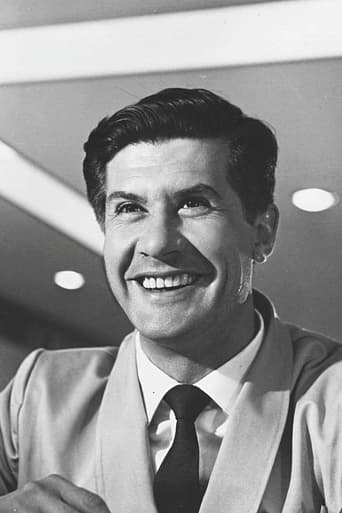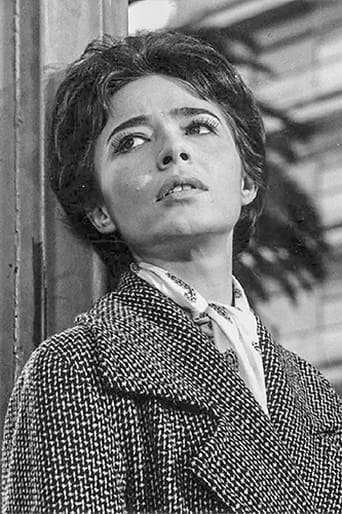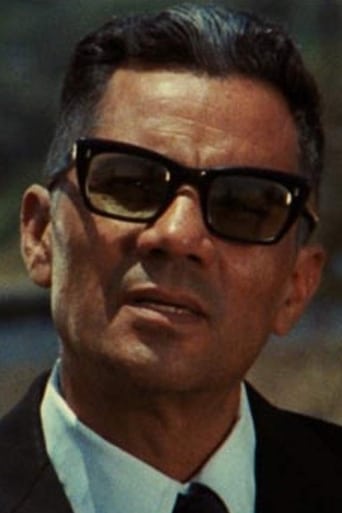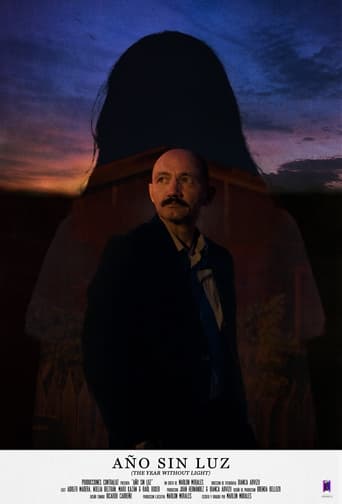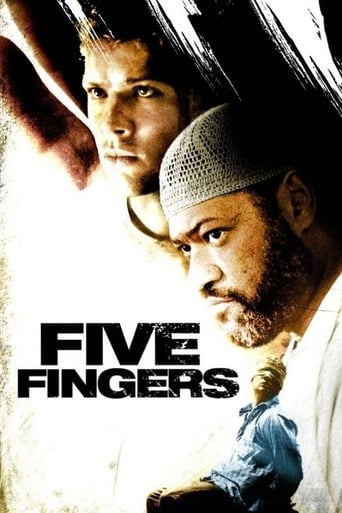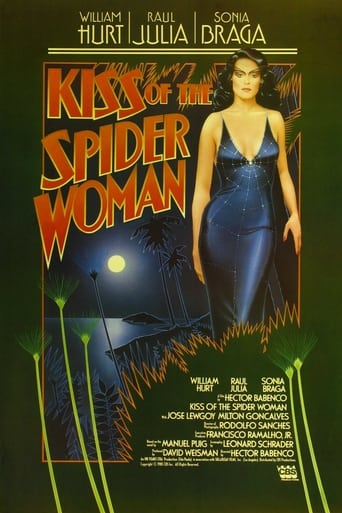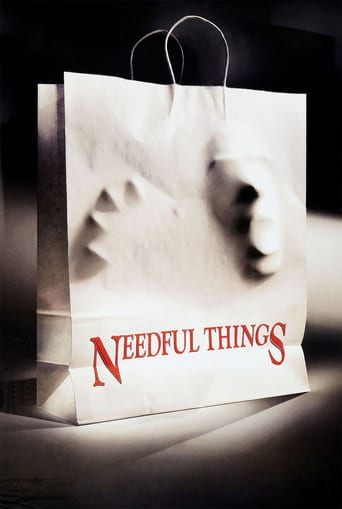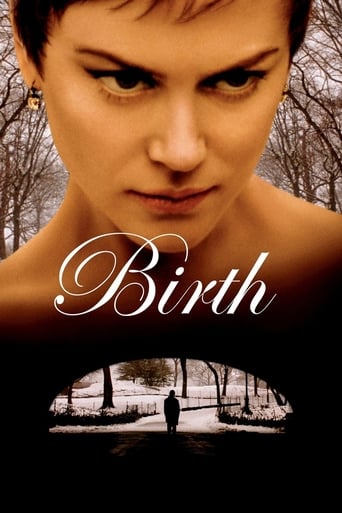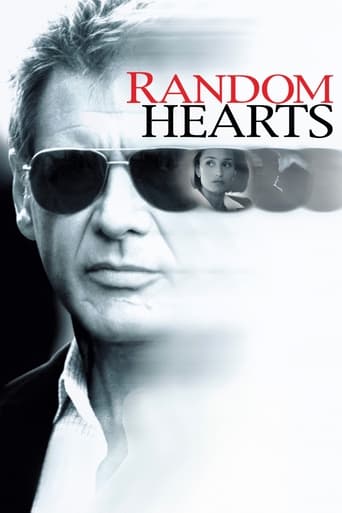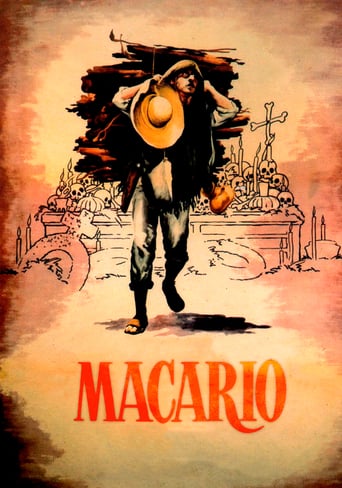
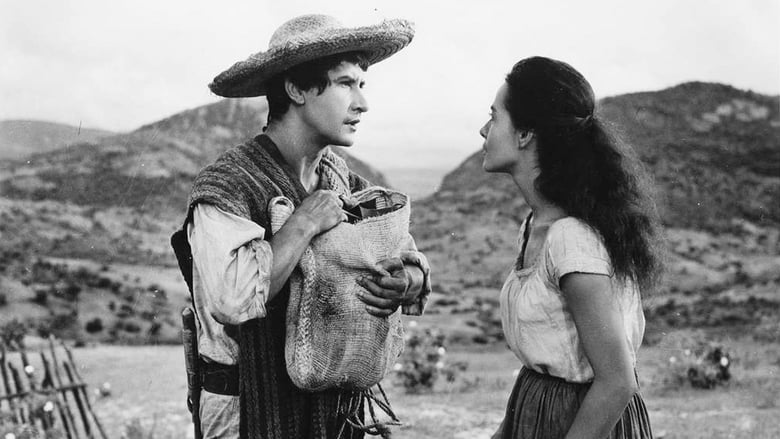
Macario (1960)
Poor, hungry peasant Macario longs for just one good meal on the Day of the Dead. After his wife cooks a turkey for him, he meets three apparitions, the Devil, God, and Death. Each asks him to share his turkey, but he refuses all except Death. In return, Death gives him a bottle of water which will heal any illness. Soon, Macario is more wealthy than the village doctor, which draws the attention of the feared Inquisition.
Watch Trailer
Cast
Similar titles
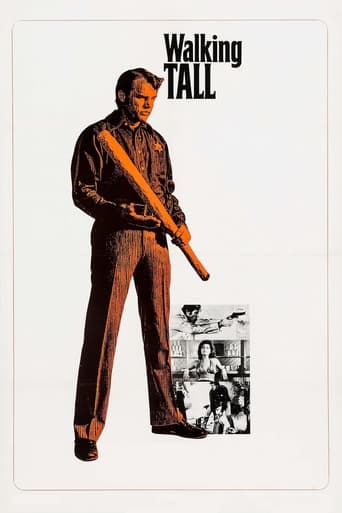
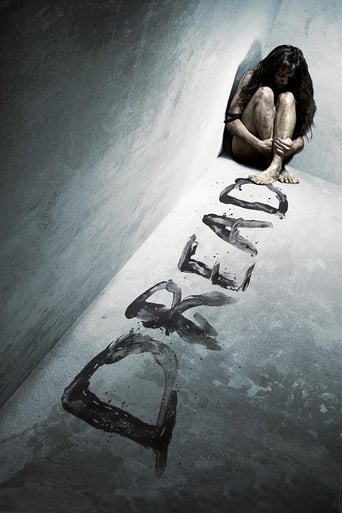
Reviews
Good concept, poorly executed.
Good , But It Is Overrated By Some
A movie that not only functions as a solid scarefest but a razor-sharp satire.
I enjoyed watching this film and would recommend other to give it a try , (as I am) but this movie, although enjoyable to watch due to the better than average acting fails to add anything new to its storyline that is all too familiar to these types of movies.
Writer B. Traven's, cinematographer Gabriel Figueroa's and film-director Roberto Gavaldón's 1960 masterpiece 'Macario' appears at first to be a wonder tail for children, a little fantasy - filled with marvelousness. But then, its poetry (albeit it never resigns from its esthetic) turns into a tragic dejection, and soon you realize that you are in the impossibility to step back. Life has trapped you, nobody looks out for you - death enters you when you're born, and you carry it around in your livers, your stomachs, your hearts. Each candle goes out by itself. 'Macario's daring and ruthless realism hits you sharply, suddenly - as with its first spoken dialogs and captivating scenes. All illusions, romances, sentimentalisms, understandings drop unexpectedly from your entrails and your skull... and surprisingly long time before your death.
I am ashamed to admit that I didn't find about "Macario" until 2000 when it gained some attention because "Amores Perros" was about to get nominated for Best Foreign Picture at the Academy Awards. "Macario" went to the spot light because it was Mèxico's first movie to get nominated for such an award. So I took away my prejudgments towards classic movies and I tracked down a "Macario" DVD.And I am extremely glad that this movie has worldwide recognition because it truly is one of Mexico's best movies of all time (if not the best)."Macario" is more than a fairy tale with macabre overtones such as displaying The Devil, or The Death. No, "Macario" has a social and humanitarian message PLUS it displays in a beautiful way Mexican culture towards the dead and how we (Mexicans) feel about Death. There's also a strong criticism against authorities and noble titles in the 18th century. This movie is rich in all the sense of the word.Meet Macario, a Mexican campesino or land worker who isn't completely happy with his life because he desires what rich people have; specifically, eating turkey. Macario works hard for his family but it isn't enough for establishing a life full of comfort.One good day, Macario's wife gets a turkey for him; a turkey that cost her a lot of effort and work. Macario is thrilled and delighted with it and decides to eat it all by himself, not sharing it. He walks too far until he gets tired and takes a rest in the woods. On his eating turkey journey Macario meets Satan, The Death, and God. The three iconic figures want a bite of that turkey but Macario won't share it. But Death makes a deal with him... a deal that will give Macario all the power, money, fame, respect and all the turkey goodies he always wished. But in exchange for what? True, he will be the savior for many souls but will also risk his own soul.I don't want to give much away from this wonderful piece of cinema. It is a tender tale with dark overtones and Horror references but to be honest, this is more of a fantasy story displaying interesting facts of Mexican culture.Ignacio Lòpez Tarso delivers an amazing performance as Macario. That's all I can say about him. He's the master. Also Pilar Pellicer delivers a great performance. Too bad that she committed suicide at such a young age.The direction is flawless and sometimes looks way ahead of it's time. The same with the fantastic art direction and cinematography. The final scene where Macario is in front of thousands of candles it's a visually stunning and rich piece of art direction and cinematography. A memorable movie designed to charm everybody.Please watch "Macario" if you haven't. You won't find a better Mexican movie than this. It has everything to become a favorite.To be honest, I haven't seen it in 3 or 4 years but some scenes just keep repeating in my memory. This is a memorable movie in all the sense of the word. This movie makes me proud of being Mexican.
It is said that movie's were made to transport us out of our reality and immerse us in a different world.When watching Macario I'm happy to say that kind of magic has endured for this picture since 1960.It has been throughout almost than 45 years, the example of good Mexican cinema. It has a peculiar effect: this movie begins to make some distance from the happy, naive and joyful musical movies made in the Golden Years of Mexica cinema, nonetheless it still lacks the cynicism and irony of later films.Parallel to the main character behavior, beneath that surface of the plot and narrative, lies a fully formed story: Even though Macario speaks little, we know he thinks a reflects a lot.Igancio López Tarso made a classic with is quiet character, and I was amazed to find in Pina Pellicer one of the most beautiful women in Mexican movies.It is sad to see movies like this are no longer made. Mysticism has no place in Mexican cinema right now.(with a few... quite a few, and I mean quite a FEW -near to NONE- exceptions)
I know that Mexican cinema has suffered greatly from repulsive movie makers. Macario is probably "THE" Mexican film that will define the country's cinema at its best.Macario is a beautiful classic Mexican film about the tale of a poverty stricken woodcutter. Taking place when Mexico was still under Spanish rule (For the ignorant reader "a person from Spain!") and racism between Spaniards and Mexicans took place. The Spaniards are the holders of the moneymaking businesses, while the Mexicans do the work of the poor.A woodcutter by the name of Macario becomes frustrated of seeing rich people getting richer and the poor getting poorer. Macario becomes sick of being hungry all the time. He becomes determined to become rich to make himself and family happier. One day his wife steals a chicken for her husband Macario. He kindly accepts and takes it to the wilderness to eat by himself.On the way he encounters the devil dressed as a Mexican gunslinger. The devil asks Macario to share the chicken with him and in return, he will give all the land to Macario. Macario refuses and replies by saying "This is not your land, how can you give me something that is not yours". Macario continues deeper into the wilderness in hopes to eat his chicken in peace. He then comes across God disguised as a shepherd. God asks, "Could you please give me a small morsel of that chicken?" Macario replies "My lord, you do not need my chicken". Macario finally hides in a cave where he comes across another man who too asks for some chicken. Macario sees that the man has not eaten because he is so bony, so Macario kindly shares the chicken. As the two men finish the chicken, Macario notices that he has shared the wealth with "Death". Death is grateful and gives him a gift; a canteen filled with water that will cure any illness.This is one of the most symbolic movies I have ever witnessed. Not realizing that Mexicans could to great movies they have proved themselves greatly with this magnificent tale of religion, poverty, and wealth. One of the most memorable scenes is the valley of candles. Strong character development and the depressive themes makes this a tale that is not intended for the weak of heart. A true masterpiece for those who love tales of deals between good and the dark side of life. See this film in its Castilian tongue (for the ignorant reader "the official and literary language of Spain based on this dialect").
